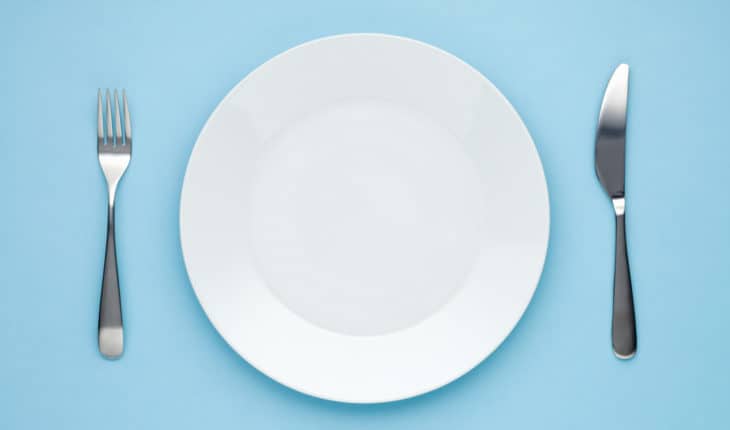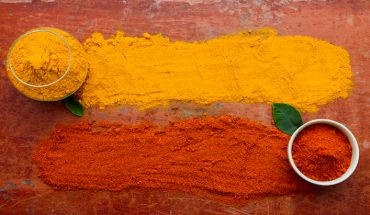Fasting is becoming increasingly common, both for religious and dietary reasons. To ensure you remain healthy when fasting, it is sensible to plan ahead and understand how fasting can affect your health. Read on for more advice on how to fast safely.
Reasons for fasting:
Fasting is one of the 5 pillars of Islam. During Ramadan, Muslims are encouraged to fast from sunrise to sunset. In the UK, that is approximately 17 hours a day, for almost a full month. Even during daylight hours, water cannot be consumed. This can be a major challenge for some people, particularly if the weather is hot, they have underlying health issues, are trying to take exams or have other extenuating circumstances that can make fasting much harder.
Many people will also be embarking on diets at this time of year preparing for the holidays. For example, ‘intermittent fasting’ diets, such as the 5:2. This is a regime whereby dieters eat normally for 5 days a week and then, on two, non-consecutive days, they are recommended to eat 25% of their usual calorie total. This is 500 calories for women and 600 for men. Intermittent fasting is said to help people reduce their risk of developing diabetes, dementia and cancer.
Who should not fast:
The majority of people fast without any ill effects, but it is important to ensure that provision is made for people who are pregnant, breast feeding have pre-existing medical conditions or whose life styles, work, exercise or study makes it more difficult and possibly dangerous for them.
The following groups should be more cautious when fasting and the Qur’an permits them to be excused:
- Those with mental health issues
- Children pre-puberty
- The elderly and chronically ill for whom fasting would be unreasonably strenuous
- Pregnant women and nursing may postpone the fasting at a later time
- The ill and the travellers can also defer their fasting
It is possible for those that are excused from fasting to either give additional support to charity (ideally sufficient to feed at least one poor person every day during the fasting period) or postpone their fast until they are clinically in a better position to undertake it.
Stay hydrated:
As Ramadan falls at the beginning of summer, when there are often very hot spells, people should not underestimate how important it is to remain hydrated in hot weather, particularly if undertaking rigorous work or exercise. Speaking with the Imam can clarify the position, but ultimately it is up to the individual whether they choose to fast and how strictly they undertake the fast, they should not put their health at risk.
The period of fasting for Ramadan in the UK is about 17 hours per day and that amount of time in hot weather without drinking anything at all can lead to severe dehydration. Not everyone is obliged to fast and if they are ill or have an underlying medical condition they are exempt. Please bear in mind that the Qur’an also states that no one should do anything to harm their body and fasting if someone is not healthy enough to do so, can make them very ill.
What to eat:
Everyone observing the Ramadan should aim to have at least two meals a day. These are the pre-dawn meal (called Suhoor) and a meal at dusk (called Iftar).
These meals should be well balanced and should mimic follow your usual diet. All the food groups should be represented, so think about including: fruit and vegetables, bread, cereals and potatoes, meat/fish (or alternatives), milk and dairy foods and some foods containing fat and sugar.
Try not to include too many sugary foods though and include foods that are healthier carbohydrates instead as these will help your body sustain you further over your fasting period. These include: wholegrains, potatoes, vegetables, fruits, legumes, and lower fat dairy products. Foods that help you to feel fuller for longer tend to be those that are higher in fibre, such as fruit, vegetables, pulses and a variety of starchy foods (especially wholegrain varieties). Caffeinated drinks should be avoided, as they are diuretic, so may lead to dehydration.
Further information:
The following articles contain really helpful advice to help remain healthy whilst fasting
Doabetes advice from the NHS for people fasting in the heat during Ramadan
Asthma and Fasting is a great article containing key advice from Asthma.org.uk for people with Asthma wishing to observe Ramadan
Diabetes and Fasting is a really helpful article from Diabetes UK concerning fasting for Diabetics.
For people with Sickle cell disease it is vitally important that they maintain a healthy diet and keep fully hydrated. Failure to do this can precipitate a painful sickle cell crisis.
For Epileptic patients controlled on medication, the medication needs to continue to be taken regularly. Otherwise it can be very difficult to bring the condition back under control.
Ramadan Fasting and the Medical Patient is a helpful paper discussing fasting advice in various medical conditions
- Breaking the ice for men’s mental health - 26th December 2025
- New bowel cancer test for early detection - 26th December 2025
- New method accelerates resistance testing in UTIs - 26th December 2025







